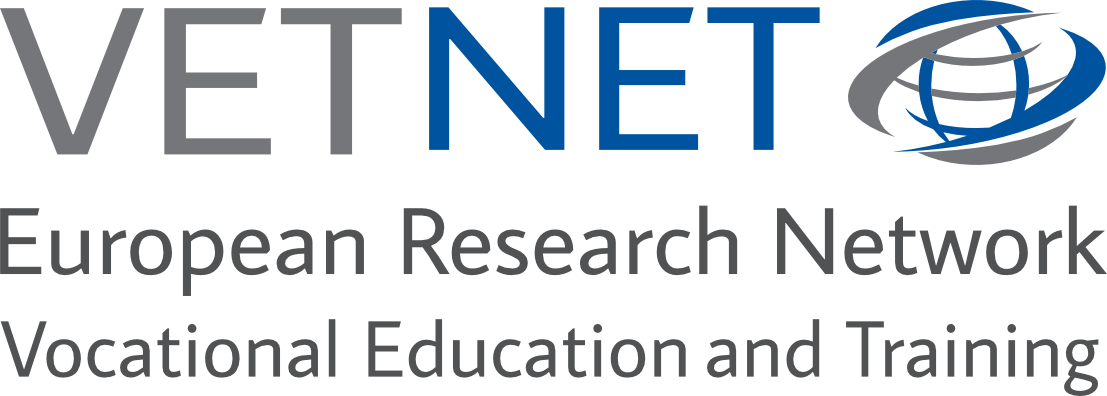Vocational Business Students’ Conceptions and Misconceptions of Taxes as an Input for Instruction and Curriculum Development
DOI:
https://doi.org/10.13152/IJRVET.7.2.1Keywords:
Vocational Business Students’ Conceptions, Vocational Business Students’ Misconceptions, Tax Literacy, Tax Education, Tax Knowledge, Vocational Education and Training, VETAbstract
Context: Tax evasion and tax compliance are important topics on a European level. Next to regulations and fines, the understanding of tax-related issues impacts a tax compliance decision. Vocational business students already pay taxes and are potential future entrepreneurs who will increasingly have to deal with tax-related issues in the future. Tax-related content is, therefore, integrated in the curriculum of business colleges in Austria. Information on business students’ conceptions and misconceptions concerning taxes can serve as valuable input for instruction and curriculum development.
Approach: In order to explore the conceptions and misconceptions of taxes among potential future entrepreneurs, students aged between 17 and 18 from business colleges in Austria were interviewed. Therefore, the technique of problem-centred interviews was chosen. The material was then analysed by using Mayring’s content analytic method of structuring.
Findings: The students’ conceptions and misconceptions of taxes, the difference to scientific knowledge as well as possible reasons for the misconceptions are analysed and discussed. The results show that misconceptions concerning basic principles of taxes exist, that students only have vague conceptions and little experience when it comes to income tax. They do not perceive themselves as taxpayers even though many of them have work experience and they regularly act as consumers and pay value added tax. Even though the students are more familiar with value added tax rates, misconceptions concerning the reasons behind the differences in rates exist. Finally, most of the students only fragmentally remember the last fundamental tax reform in Austria.
Conclusion: The findings as well as an analysis of the curriculum suggest that the students are missing basic knowledge on taxes as for example the on the difference between fees and taxes. On a curricular level, knowledge important for the individual taxpayer should build the ground for further business-related content. Finally, background knowledge on why different forms of taxes exist and on tax reforms should foster a deeper understanding and complement the factual knowledge most students already possess.
Downloads
Online First / Final Publication Date
How to Cite
Issue
Section
URN
License
Copyright (c) 2020 Nora Cechovsky

This work is licensed under a Creative Commons Attribution-NonCommercial-NoDerivatives 4.0 International License.





